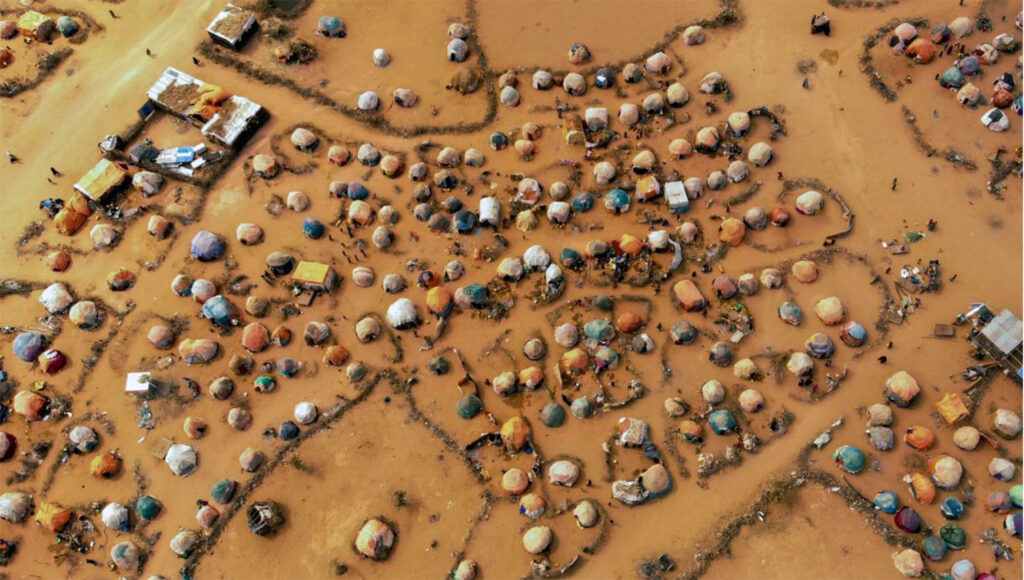By Gillian Ramirez, Alliance Intern from the University of California, San Diego
The highly controversial concept “loss and damage” is a main topic of debate at this year’s UN Climate Conference (COP27). It means that “countries which have contributed the most to climate change with their planet-warming emissions should pay poorer countries to recover from the resulting disasters,” according to CNN. Is it fair that developing countries like Pakistan, which emit less than 1% of global emissions, have to pay the devastating price in terms of climate impacts? This is no academic debate…people’s lives are at stake.
The US and other industrialized countries have been hesitant for years to admit to the validity behind loss and damage out of fear it would lead to legal issues and lawsuits. However, it also has to do with inordinate amounts of money that would need to be paid for the damages. Island nations and low-lying countries like Bangladesh and Pakistan have been pleading with the global community to address this for 30+ years.
Even long-time climate leader and US Climate Envoy John Kerry has been vague in terms of any real commitment. He points out that the US succeeded in a major political battle to spend a record amount of money to keep its climate commitments and that there is no appetite by Republicans to spend more. However, he acknowledged, “we have always said that it is imperative for the developed world to help the developing world to deal with the impacts of climate” which industrialized countries created. That’s nice, but show them the money.
Words are nice, but if you live in an impacted country like Pakistan, they mean nothing. Aftab Khan shares a harrowing story of his Pakistani hometown in which a woman carried her sick child for 15 miles in standstill floodwaters, eventually rescued by Khan’s friend. Narratives like these put into perspective the direct and frequent effects of climate change.
This issue needs to be addressed now and mitigation will cost far more in the future. Data from 55 countries estimates that “their combined climate-linked losses over the last two decades totaled about $525 billion, or about 20% of their collective GDP,” according to Reuters. That kind of damage is not sustainable and there’s no possibility for those countries to survive financially with that kind of burden. Meanwhile, developed countries still haven’t met their commitment to provide $100 billion annually to address climate issues in developing countries.
What is apparent is that it will take more than government to fund the loss and damage. Shouldn’t the corporations that have profited from producing and burning fossil fuel have to pay something out of their hundreds of billions of profit?
One of the goals of sustainability is to have people pay the real cost of everything they buy, so that it covers the real and social costs (like roads, police, firefighters, etc.), as well as the cost of disposal and pollution. That cost should be reflected in the price. If that were the case, gas should cost over $15 a gallon, including climate impacts (2011 estimate). Of course, there would then need to be significant subsidies for public transit and mitigation of the costs based on ability to pay.
To combat the negative environmental effects of capitalism, communism, and the free market, businesses should have to pay their fair share of loss and damage. It’s time for business to pay the real cost for doing business. The hyperfocus on profits and individual success prevents human-centered business, while harming people and entire countries.

